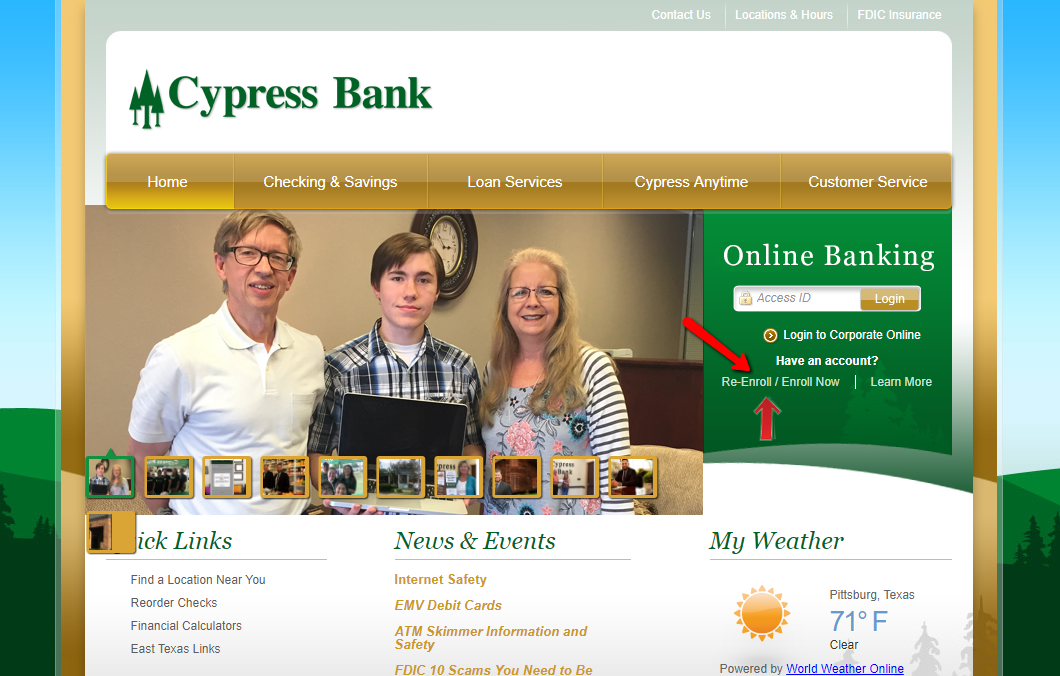20 Excellent Pieces Of Advice For Picking Business Banking Administration Advice
20 Excellent Pieces Of Advice For Picking Business Banking Administration Advice
Blog Article
Estate Planning And Trust Settlements: 10 Tips
Here are 10 helpful tips to assist you in navigating estate arrangements and trust settlements. Each tip comes with explanations as well as the most important pros, cons and other details to help you evaluate and compare the potential outcomes.
1. Take the time to read through the trust document.
Learn and comprehend all terms of your trust, including any designation of a successor trustee and distribution instructions.
Benefits: Reduces the possibility of legal disputes or misinterpretation.
Cons: Legal jargon could be complicated and require a professional to translate.
2. Choose a Trustee Successor that is Competent
Choose someone who is trustworthy, honest and willing to act as trustee in the in the event of a disability or death.
Pros: Assures a proper trust management.
Cons: Unwise choices can lead to delays or disputes as well as fiduciary breaches.
3. Inventory All Trust Assets
Tips: Make a thorough inventory of trust-owned assets, such as real estate, bank accounts, investments, and personal property.
Cons: It can be difficult to distribute tax correctly and declare tax.
Cons: Can be complex and time-consuming when the records are unclear.
4. Get a certified copyright
Tip : These documents must be signed in order to start the trust settlement, transfer ownership of assets and notify financial institutions.
Pros: Perfect for legal and administrative tasks.
Cons: Processing time and costs differ by region.
5. Inform all beneficiaries as well as heirs
Tip Make sure to inform all parties involved of the existence, conditions, and intention to settle the trust.
Pros: It encourages transparency and helps reduce future conflicts.
Cons: Can cause tensions in the family because of emotional or financial issues.
6. Consult a Estate Planning Attorney
Tips Use a lawyer to help interpret legal language and ensure proper procedures are followed.
Benefits: Reduces the risk of legal responsibility and errors.
Cons: Costs can increase when estates have complex structures.
7. Work With a CPA or Tax Advisor
Tips: Trust settlements typically come with tax implications (estate, income, inheritance). Tax professionals can ensure that the trust is in compliance.
Pros: Reduces tax liability and the risk of IRS problems.
Cons: Additional costs for consultation with a financial expert.
8. Transferring Titles and Deeds Correctly
Update the names of beneficiaries and trusts on all ownership records. This includes banks, real estate and even vehicles.
Pros Protects you from delays, legal issues, and other problems.
Pros: Certain transfers might require court approval.
9. Handle Debts and Liabilities First
Tip: Resolve all outstanding debts prior to distribution of assets. This includes taxes, expenses, and any other outstanding obligations.
Pros : Ensures compliance with legal requirements and assures creditor satisfaction.
Cons: Reduces the total distributable assets.
10. In order to obtain an identification number for tax purposes (TIN) to apply for a tax identification number (TIN), you must first identify the trust.
Tips - Following the demise of a trust, it becomes an independent legal entity that requires its own tax identification number (TIN) to file taxes.
Cons: Does not allow for any errors in tax filing.
Cons: Requires coordination with IRS and perhaps an CPA. Follow the top rated trust settlement agreement for site recommendations including the bank of missouri credit card, first bank login, banks in missouri, top us banks, bank by phone, top us banks, first bank and trust login, top rated investment banks, the commercial bank, best banks in florida and more.
10 Tips About Bank Accounts For Business In Palm Beach, Florida
Here are 10 helpful tips for managing the business account in Palm Beach. They're tailored for the unique financial and economic environment in this area. Each tip is accompanied by a concise explanation, with pros and cons to assist you in making informed financial decision.
1. Look Into Bundled Services
Certain banks provide services such as checking, payroll processing credit cards and insurance for businesses.
Pros: Simpler services, discounts.
Cons: A single provider lock-in may limit flexibility or cost savings.
2. Take into consideration Business Credit Cards
Look into cards that provide cash reward points, travel rewards or integration with your accounting software.
Pros: Helps keep track of expenses and help build credit for business.
Cons: Interest charges on balances if they aren't paid back monthly.
3. Build a Relationship with a Business Banker
Bankers who have relationships can assist with the financial planning process, loans and referrals.
Pros include a personal service and a quicker resolution to problems.
Cons: It might not be accessible on all accounts, or in all banks of the nation.
4. Assess ACH and Wire Transfer Capabilities
Compare the charges for domestic and global wire transfers and determine whether your bank allows batch ACH transactions.
Pros: It is useful for paying employees or vendors efficiently.
Cons: Transfer fees may vary from $15 to $45 per transfer.
5. Use Fraud Protection Tools
Tips: Services such as positive pay, dual authentication, account alerts and account notifications can aid in preventing purchases that are not authorized.
Pros: Reduces fraud risk, protects sensitive data.
Cons: Sometimes only accessible to premium account holders or for a fee.
6. Choose banks that offer Business Networking Options
A few banks sponsor local chambers or business mixers.
Pros : Great for partnership and marketing.
Cons: It may not be offered in all industries at all times.
7. Confirm FDIC or NCUA Insurance Coverage
Tip. Make sure you are covered up to a maximum limit of $250,000 for each institution, per entity.
Cons: You are able to protect your company from the risk of failure by instituting a plan.
Cons: You might have to divide your money between banks or accounts to fully protected.
8. You can use Multi-User Online Banking to gain access to your bank account
TIP: Choose a bank that allows you to assign access to bookkeepers, partners or other employees who have tiered permissions.
Increases accountability, operational efficiency and effectiveness.
Cons: Smaller institutions might not provide advanced permission controls.
9. Open Accounts That Align to Your Business Plan
Select a bank capable of supporting expansion across multiple locations if you're looking to expand your business within Florida or elsewhere in the country.
Cons The account will not be changed in the future.
Cons: Banks that are national might lack personalized service.
10. Get all necessary documents ready prior to opening
Bring your EIN along with your business license and operating agreement.
Cons: Could be a bit slow to set up your account.
Cons: Delays in the event of a missing item or the records do not coincide. Have a look at the top rated business banking in Palm Beach FL for more advice including banks in florida usa, united united bank, 1rst financial bank, first united banks, us bank online banking, best banks in florida, best bank to bank with in florida, new banks, top rated investment banks, us bank business customer service and more.